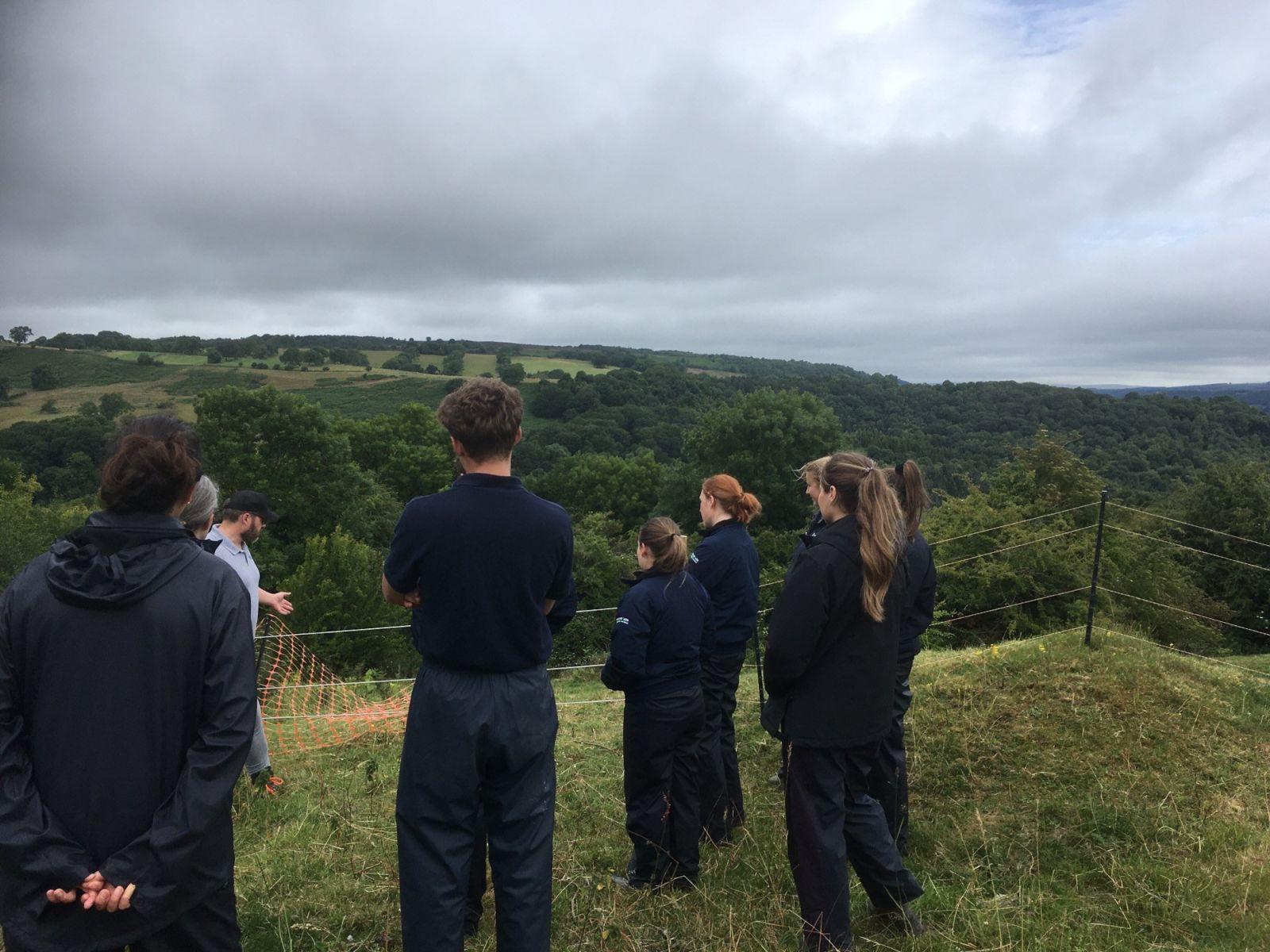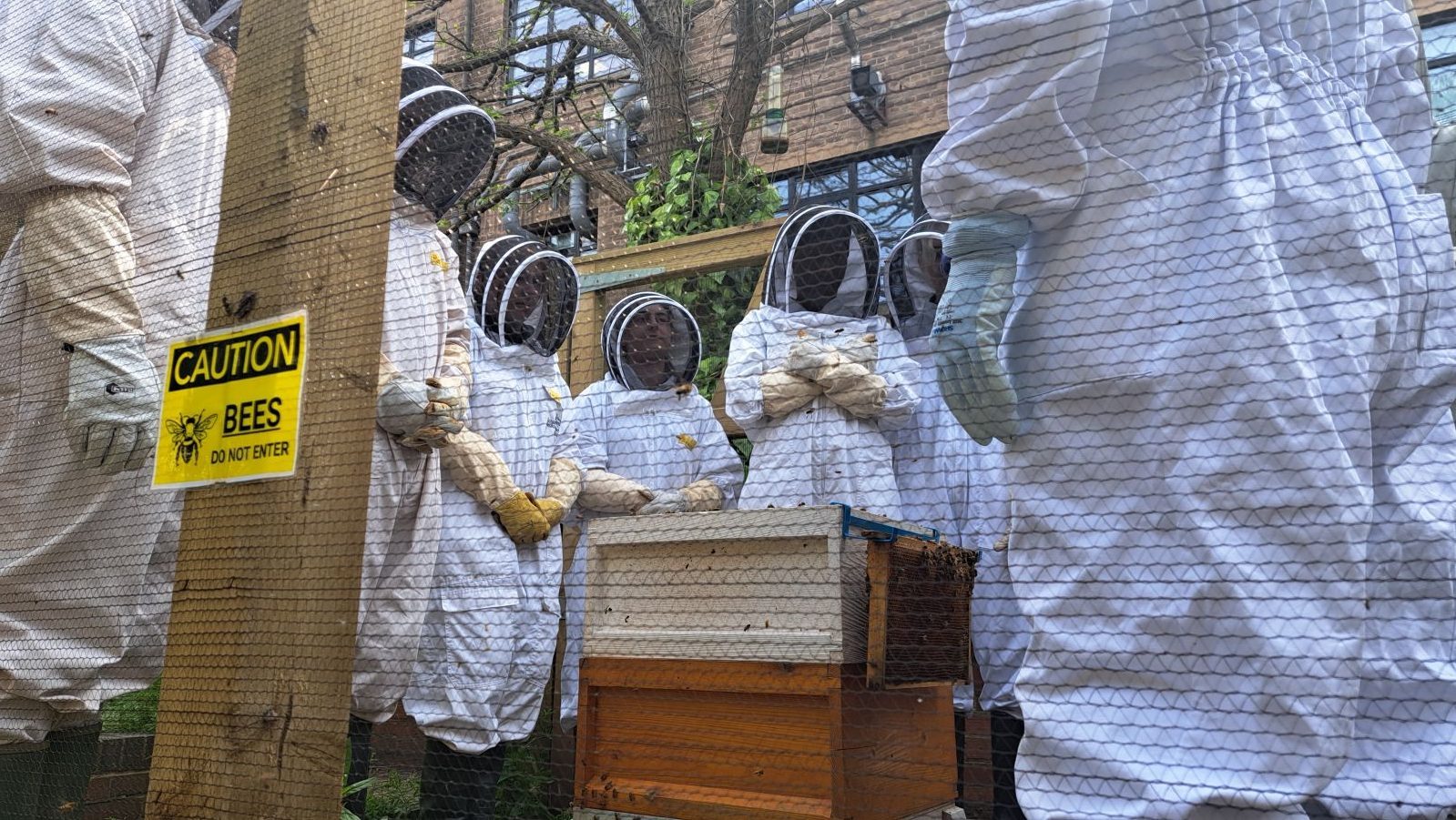Nottingham Vet School Equip New Grads with Sustainability Skills
The University of Nottingham vet school has been working towards ensuring new graduates have the skills and knowledge they need to live and work in a sustainable future.
Sarah Hewitt BSc BVetMed PhD FHEA MRCVS and Amelia Garcia-Ara MRCVS
The University of Nottingham vet school has been working towards ensuring new graduates have the skills and knowledge they need to live and work in a sustainable future. In 2022 we created a sustainability embedded module with a view to integrating this into the curriculum from day one. The module aim is to incorporate the skills, knowledge, values and attitudes necessary for graduates to engage with global sustainability and One Health challenges, both as good citizens and as professionals.
Our first challenge when developing the module was defining sustainability. We decided to focus on the theme of “Sustainable development”, using the Brundtland report definition, 1987: meeting our own needs without compromising the ability of future generations to meet their own needs, as well as the UN SDGs. We began by identifying the main themes, keywords, and modules which had the greatest potential for sustainability input in the undergraduate curriculum. We raised awareness of our plans among staff through a series of presentations at staff meetings; specifically targeting other module conveyors and rotation leads. A survey was distributed to staff and students to gather opinion about sustainability within the curriculum (i.e. ‘the teaching’, or the explicit curriculum) and how we might be able to incorporate sustainability into life on campus (the doing, or the ‘implicit curriculum’). Curriculum mapping was done by manually reviewing each module and identifying relevant learning outcomes. We found ‘key word’ searches of the curriculum problematic as many LOs didn’t explicitly contain words associated with sustainability but did nevertheless have a sustainability aspect. This initial review of the curriculum resulted in a total of 80 learning outcomes associated with sustainability across the 5-year undergraduate curriculum, as well as development of new teaching sessions in years 1, 3 and 5. In year 1 a session about the sustainability module is delivered to ensure students consider sustainability from the start of the course.

In year 3, as part of the Veterinary Public Health module, a session called ‘Sustainability in the veterinary profession’ is delivered covering topics such as carbon foot printing, carbon offsetting and net zero.
In year 5 a session on sustainable farming and regenerative agriculture is delivered to students on the elective farm rotation, allowing them to discuss and explore aspects of sustainability relating to agriculture.

These sessions have been well received by students, with feedback such as:
“I loved all the opportunities to get out on farm and look around different systems. I also really appreciated the sustainability/ regenerative agriculture session especially as this is being discussed more and more in practice/ on EMS.”
The sustainability embedded module will be reviewed yearly initially, with a view to continually developing and integrating the topic within the curriculum.